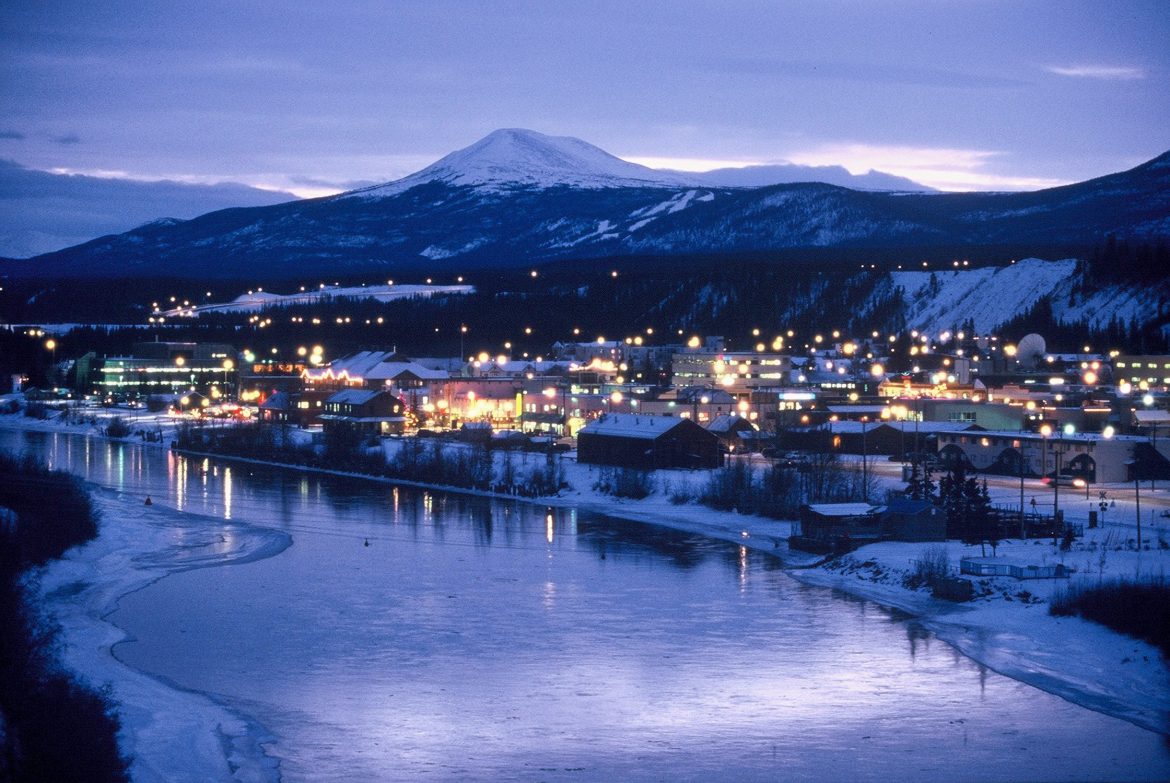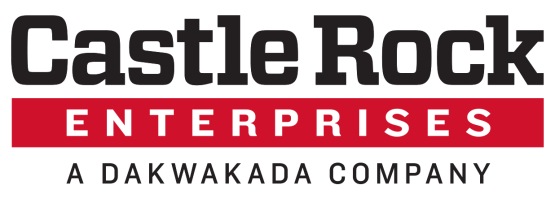Business View Magazine interviews Mike Gau, Director of Development Services for Whitehorse, Yukon Territory as part of series on Canadian cities.
Whitehorse is the capital of the Yukon Territory in Canada’s far northwest. Known as the Wilderness City, this diverse community is nestled on the banks of the famous Yukon River surrounded by forested mountains and pristine lakes. Blessed with gorgeous scenery and a vibrant city lifestyle, it’s no wonder over 26,000 people enjoy living here year-round. A healthy economy, small town values, a safe environment, and access to the great outdoors, makes Whitehorse one of the best cities in Canada in which to live, work, and raise a family.
Mike Gau, Director of Development Services for Whitehorse, speaks highly of the innovative solutions his community has launched for dealing with some unusual challenges. He describes Whitehorse as “a very busy northern city, doing very well. We have stable growth and that’s a product of many things, including strategic partnerships, great leadership from multiple governments, and a unique setting and destination to live in and do business.”
Traditionally, Whitehorse has been a boom/bust town at the whim of mining in the Yukon. Today, the industry is doing well and continues to provide a significant portion of the overall GDP in the territory. Although the actual mining work occurs well outside the city limits, Whitehorse is the major hub for business activity related to the industry, with airport and highway access, and proximity to Skagway, Alaska, a major tourist port, only 180km away.
While Canada was in the throes of an economic recession from 2007 to 2009, Whitehorse had a bit of a boom, including increased housing demand. “We studied the impact after the mining cycle receded, and we didn’t have nearly the impact as we’ve had historically with regards to migration out of the city and territory. The increased demand did correspond with a low supply of housing lots, however, which did result in significant increases to housing prices.”
These days, Whitehorse is experiencing an increase in entrepreneurial activity. Gau notes, “We have 3100 business licenses issued for a population of around 26,000. We have four levels of government centered here, so we’re a government town with the public sector making up about 40 percent of the economy. This brings great stability and good wages. Business, especially tourism is growing, in both the winter and summer, and the private sector is a bigger proportion of our economy. We’re less dependent on mineral exploration and the spinoffs from that in construction and mining, and more so on being one of the centers in the north that has natural resources, but also has a lot of other great things going on.”
Whitehorse is unique in having two local, First Nations governments that own land within the city. The City has spent a great deal of effort and time working with them and fostering partnerships. Gau says, “That’s coming along nicely, and we see it being a key component for the future of the Yukon and our community. Yukon First Nations own significant lands and resources that will come into the market and shape land supply and business activity in the area.”
Two development projects currently in the works in Whitehorse are going to substantially influence the city landscape and its operating efficiency. The first is a new City operations building; one phase of a consolidation project of which City Council has only approved the operations component. Essentially, it’s an example of a municipality trying to become more efficient from both an energy and operational perspective. The project is consolidating several City properties and business activities/operations, largely focused on equipment and related staff. Transit is being grouped in with operations, transportation, and engineering, in order to have people and equipment all in one space instead of all over town. Efficiencies from that will help defer tax increases and definitely please citizens.
“We know that our old buildings are at the end of their life,” Gau reports, “and very inefficient energy-wise. Our new building will be 80 percent more efficient than the National Energy Code model for this type of building. We’re doing everything we can to use capital investment dollars from other government partners to lower our operational costs, and that translates directly to easing pressure on municipal tax dollars. Construction of the operations building has been tendered and awarded at $34 million – a significant amount for a small city. We’re very grateful to have federal and territorial money to contribute to that project. We still need to take out a loan, but it’s a fraction of what it would be without our partners.”
The other major development project is a new neighborhood called Whistle Bend. Gau explains, “There are nine phases and we’re working with the Yukon government to have the third phase come out next spring. This is for housing and commercial and institutional uses in a new neighborhood. It’s been designed using Smart Growth principles – density, mixed-use, energy efficiency, and municipal efficiencies, as well as regarding infrastructure and other elements, such as having almost all homes within five minutes’ walk of a bus stop.
“In comparison, the historical Whitehorse layout is that of a very sprawled city. Our city area is 416 square kilometers with just a small tax base; therefore, we’re heavily reliant on transfers from the federal government and a comprehensive grant from the Yukon government. We need to become more sustainable, so designing these neighborhoods in a way that is cost-efficient and preserves green spaces for recreation and storm water management is a big deal, and a big change. The public largely accepted this design and the neighborhood is already flourishing. It’s a great example of sustainability in the north.”
Small northern municipalities can’t do this type of development on their own. The Yukon government is physically building the neighborhood project, but the City took the lead with the planning process using design charrettes (intensive collaborative planning sessions) to bring the public along and get approval for a real game changer of a development.
Whitehorse provides diverse services to all outlying communities. Its economic base includes mining, transportation services, tourism, and government services. “We have a really small list of employers with hundreds of employees,” says Gau. “Some of the biggest are ATCO, our energy provider; Northern Vision Development, a private real estate partnership that is over 40 percent First Nations owned; Northwestel, our cable and internet provider; and Air North, a highly successful local airline that’s added routes from Whitehorse directly to Vancouver, Edmonton, Calgary, Yellowknife, and Ottawa. We’re very proud of them and the success they’re having.”
The iconic Canadian north is beautiful, pristine, and awe-inspiring in ways that must be experienced, first-hand, to be appreciated. As a result, tourism is a major economic sector in Whitehorse, attracting in excess of 260,000 visitors each year. Air North and local hotels are important players, as is the Yukon government. According to Gau, “We have a partnership deal with the Yukon government – they have money to do a lot of the marketing and we take care of our city and facilitate tourism through them. It’s growing every year. While the tourist season is primarily from May to October, February is a big month for visitors. In February, Whitehorse hosts the Yukon Quest, Frostbite Music Festival, and the Yukon Sourdough Rendezvous. We are now preparing to host the 2020 Arctic Winter Games – the world’s largest northern multi-sport and culture event, which will compliment the winter tourism season by bringing in over 2000 athletes, coaches, and performers. It is a unique circumpolar event still showcasing traditional Arctic Sports and Dene games. Recent Arctic Winter Games have demonstrated total economic activity of $13.2 million.”
Whitehorse is constantly trying to make doing business in the city easier. Its approach to community economic development works together with the non-profit sector, the government sector, and the business sector. Gau acknowledges, “Companies are more mobile now, picking where they locate rather than it being dictated by markets. We see our knowledge sector growing. Yukon College is thriving and is well on its way to becoming a university. We’re not chasing smokestacks; we want to create a very liveable, great quality of life place for our residents and prospective businesses. That’s our focus. And even if they don’t come, we’ve created a wonderful home for our local residents.”
AT A GLANCE
WHO: Whitehorse, Yukon Territory
WHAT: The capital city of the Province – Population: 26,000
WHERE: Southern Yukon Territory
WEBSITE: www.whitehorse.ca


